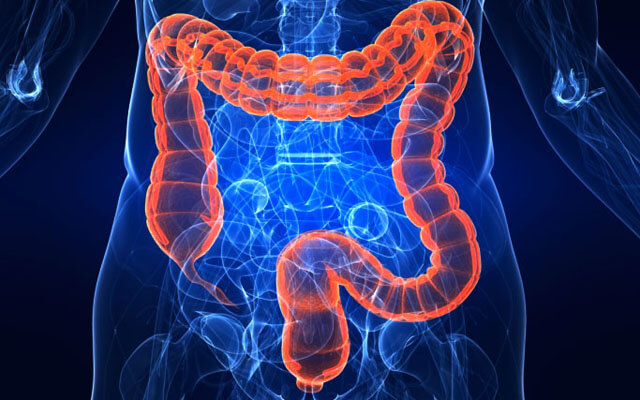
Like many forms of cancer, anal cancer causes few to no symptoms in its earliest stages. However, like virtually every disease out there, anal cancer can be treated most easily and effectively when it is detected in its earliest stages. And that is precisely why patient education is so crucial. Though professional medical consultations are irreplaceable (especially for anyone who suspects that they may be ill), the following question and answer overview of this common form of cancer is worth reviewing:
What are the Common Causes of Anal Cancer?
The overwhelming majority (roughly 90%, to be exact) of anal cancer cases are caused by human papillomavirus infections. And this means that avoid unprotected anal sex (and practicing safe sex in general) is one of the most effective ways of protecting yourself against this disease. Receiving an HPV vaccination, such as Gardasil, is also a highly recommendable option.
However, it would be inaccurate to portray anal cancer as a sexually transmitted disease. Though an anal HPV infection is usually a prerequisite for this condition, this is not always the case — and, moreover, the vast majority of HPV infections do not progress to a cancerous stage. Other risk factors, such as advanced age, cigarette smoking, lowered immunity, genetic predisposition toward cancer, and other anal health conditions also come into play.
What Symptoms Could Signal Anal Cancer?
Pain, pressure, bleeding, itching, and/or a noticeable lump in the anal region are all common symptoms of this disease. However, these symptoms can all potentially be signs of other health conditions as well. As a general rule, if you notice any such pain or discomfort, you should seek medical attention sooner rather than later in order to prevent or treat any serious issues.
It is worth noting that many other symptom-causing anal health issues, such as anal fistulas, can also increase your risk for developing anal cancer — a fact which highlights the importance of getting any painful or abnormal symptom checked out in a timely manner.
How is Anal Cancer Detected?
If you are considered to be a high risk case, then your doctor may recommend that you receive an anal pap (the anal counterpart of the common cervical cancer screening process) in order to detect cancer/precancer in a timely fashion.
If you do not participate in these regular screenings, then your condition might be noticed during a regular checkup, during the process of a colonoscopy, or when you are being checked due to symptoms you experience. X-Rays, CAT scans, MRI screening, PET scans, and biopsies are a few common tools used to detect anal cancer and/or to learn more about your condition.
What are my Treatment Options after Receiving an Anal Cancer Diagnosis?
Doctors will decide upon an individualized plan of treatment depending on what kind of anal cancer you have, what stage the cancer has progressed to, and other personal factors. In the vast majority of cases, however, your treatment plan will consist of some combination of chemotherapy, radiotherapy, and/or surgery.
What Will My Life Be Like After Treatment?
Once your cancer has been successfully treated, you will likely be able to make a gradual return to enjoying many of the aspects of life that you had to put on hold while in treatment. (Which, depending on your condition, may be as broad as work, study, hobbies, exercise, sex, etc.) However, it is critically important that you work with your healthcare providers to develop a plan for continuing care. Recurrence is always a possibility, which means receiving frequent checkups, balanced medical care, and psychological support are all musts.